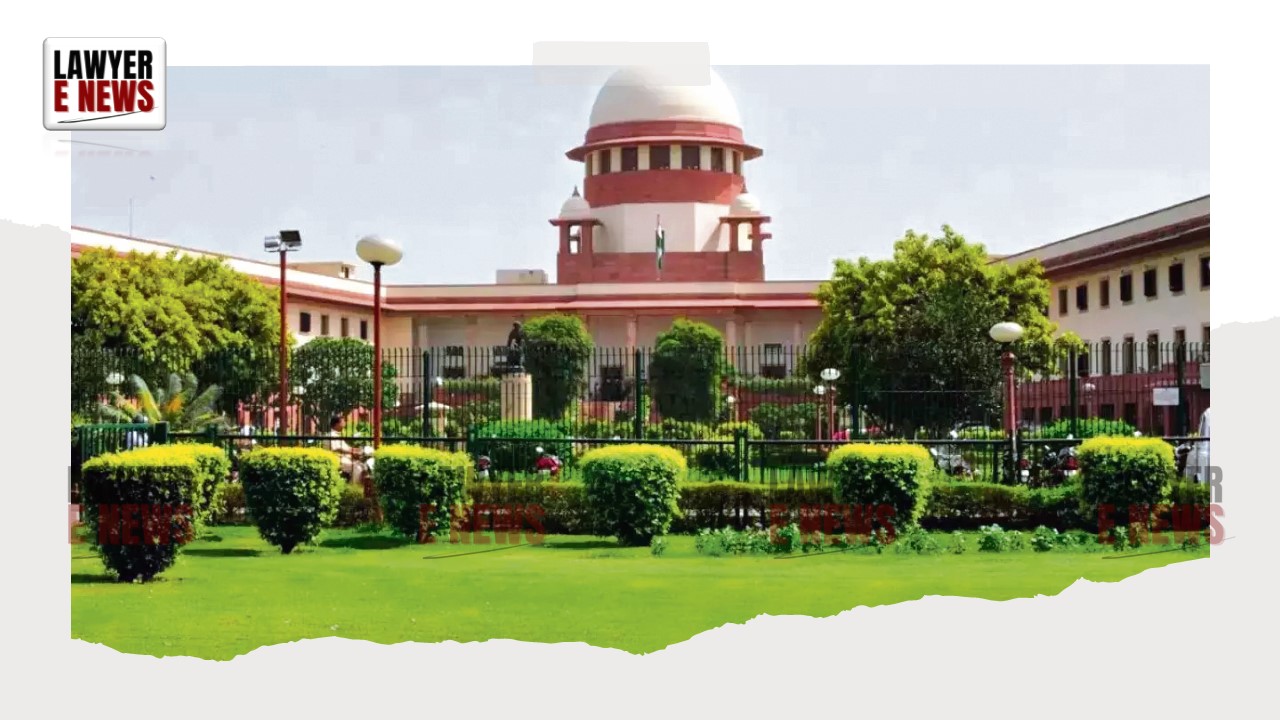-
by Admin
15 February 2026 5:35 AM



Supreme Court of India delivered a pivotal decision, defining the circumstances under which a second complaint may be filed after a Magistrate has accepted a negative final report. The ruling emphasizes that, barring substantial new facts or exceptional circumstances, a second complaint on the same grounds is generally barred under the law.
The case originated from a complaint filed by the second respondent in November 2010, accusing the appellants of offenses under Sections 406, 420, and 34 of the Indian Penal Code (IPC) concerning alleged fraud and misappropriation. Following an investigation, the police filed a final report under Section 173 of the Criminal Procedure Code (Cr.P.C.) in February 2011, concluding there was no evidence to proceed. The complainant filed objections, or a “narazi petition,” against this report, but the Chief Judicial Magistrate (CJM) dismissed these objections and accepted the final report.
In July 2011, the complainant filed a second complaint based on the same allegations, claiming improper investigation in the original complaint. This complaint was initially accepted but later dismissed as non-maintainable by the CJM, who concluded that the complaint essentially reasserted the same grounds. This dismissal was challenged through revision petitions, leading to conflicting decisions in lower courts and finally bringing the matter before the Supreme Court.
The Supreme Court was tasked with determining whether a second complaint could be filed based on the same facts after a final report was accepted. The appellants argued that the second complaint violated the principle of autrefois acquit—enshrined in Section 300 of the Cr.P.C.—which bars multiple trials for the same offense once a case has been conclusively resolved.
Justice C.T. Ravikumar, writing for the bench, examined the conditions under which second complaints might be maintainable. Citing precedent, including the landmark judgments in Pramatha Nath Talukdar v. Saroj Ranjan Sarkar and Samta Naidu v. State of Madhya Pradesh, the Court outlined that second complaints are permissible only under specific, limited circumstances:
“An order of dismissal under Section 203 Cr.P.C. is not a blanket bar to a second complaint, but it will be entertained only in exceptional circumstances, e.g., where the previous order was passed on an incomplete record or on a misunderstanding of the nature of the complaint….”
Justice Ravikumar further emphasized that these exceptional circumstances must be significant, such as new facts that could not have been reasonably presented initially.
The Court observed that the CJM's acceptance of the police's final report on the first complaint—after reviewing the complainant's objections—constituted a valid judicial decision. Key findings from the judgment include:
Similarity of Allegations in Both Complaints: The Court underscored that the allegations in both complaints were nearly identical, with the second complaint simply reiterating facts and claims from the first. Since the core allegations were unchanged, the second complaint lacked legal standing.
Principle of Autrefois Acquit Applies: Since the CJM had reviewed and accepted the police report dismissing the initial complaint, the matter was effectively closed. As such, filing a second complaint based on the same facts was impermissible under Section 300 of the Cr.P.C., which prevents re-litigation of the same offense in the absence of a substantial basis.
Limited Grounds for Second Complaints: Drawing on Samta Naidu, the Court reiterated that a second complaint is permissible only under “exceptional circumstances,” which include significant new facts or evidence that could not have been previously considered. Repeated complaints on identical grounds are a misuse of judicial resources.
“If the core of both complaints is the same, a second complaint ought not to be entertained,” noted Justice Ravikumar, summarizing the rationale behind the restriction on redundant complaints.
The Supreme Court ultimately allowed the appeal, overturning the lower courts’ decisions and reinstating the CJM’s dismissal of the second complaint as non-maintainable. This decision affirms that the judicial system cannot be re-engaged on identical allegations unless genuinely new material facts emerge, preventing misuse of judicial processes and ensuring finality in criminal proceedings.
Date of Decision: November 5, 2024
